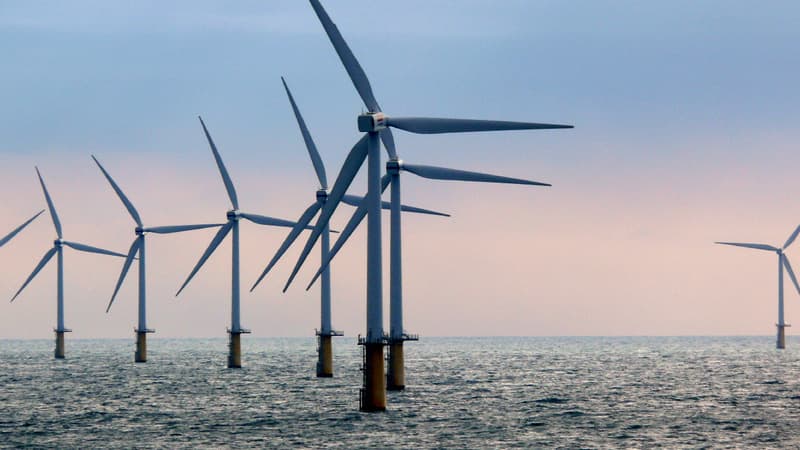At least 118 countries, or more than half of the states represented at COP28, have signed a non-binding commitment to triple the world’s renewable capacities by 2030, its president, Sultan Al Jaber, announced on Saturday. A press release from the Presidency had previously announced 116 countries, and the list soon grew to 118 countries.
Whatever the final figure, this announcement aims to impose the inclusion of this objective in any final agreement at COP28, this time within the UN framework. “I need more, I respectfully request all parties (in the COP) to join us as soon as possible,” Sultan Al Jaber said from the podium of the event, which is being held in Dubai. of coal” without carbon capture.
To show the extent of the road ahead, the list provided by the COP28 presidency does not include the largest fossil fuel producing or consuming countries: Russia, Saudi Arabia, China, Iran, Iraq, Venezuela, Kuwait and Qatar. ..
The other countries have committed to “working together” to increase global renewable energy capacity (wind, solar, hydroelectric, etc.) to 11,000 gigawatts (GW) by then, up from approximately 3,400 GW today. the different starting points and national circumstances” of different nations. At the end of 2022, global capacities were 3,372 GW, according to the International Renewable Energy Agency (IRENA), dominated by hydro (37%) and solar (31 %).
No binding value
Countries also committed to doubling the annual rate of progress in energy efficiency through 2030, from 2% to 4%. However, these commitments have no binding value. The European Union launched a call in this regard in spring, supported by the Emirati presidency of COP28 and then, successively, by the G7 and G20 countries (80% of global greenhouse gas emissions).
“With this global objective, we are sending a very strong message to investors and the financial markets. We are showing the direction to follow. And it is a way for them to ‘de-risk’ their investments because they know that “the whole world progress towards this objective,” said the president of the European Commission, Ursula von der Leyen, in an interview with AFP in Dubai.
“There are very compelling arguments in favor of renewable energy, because once installed, they can produce clean and local energy. Therefore, they make you independent and are cheaper than fossil fuels,” he said.
Source: BFM TV


